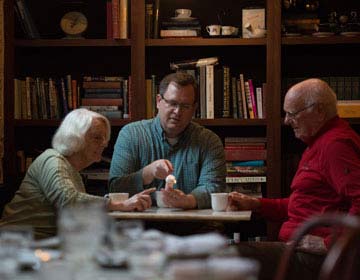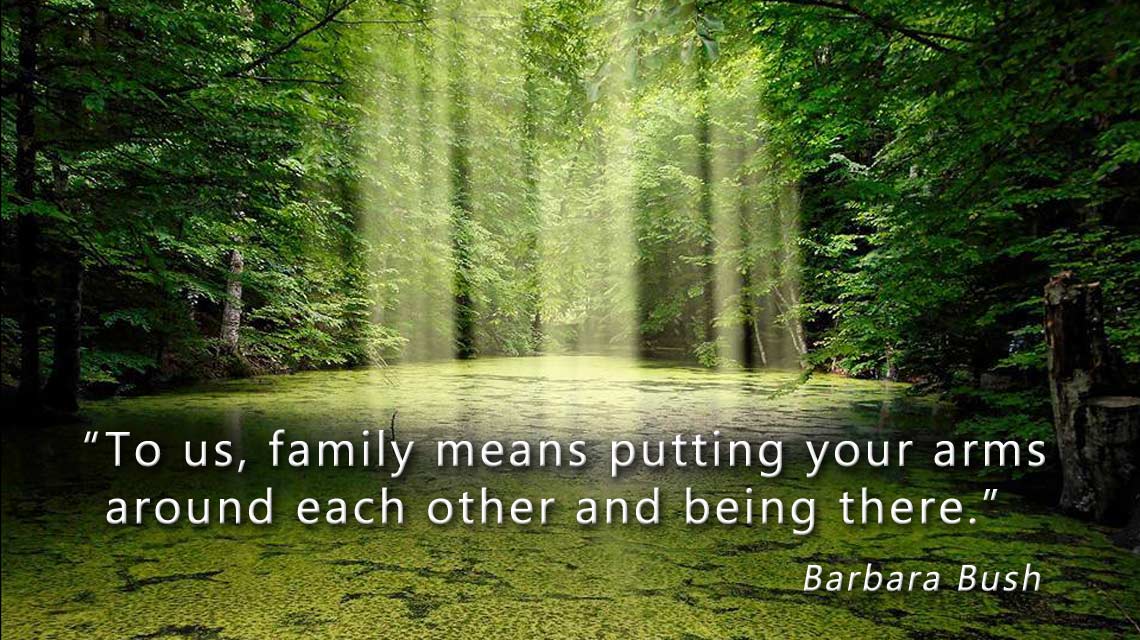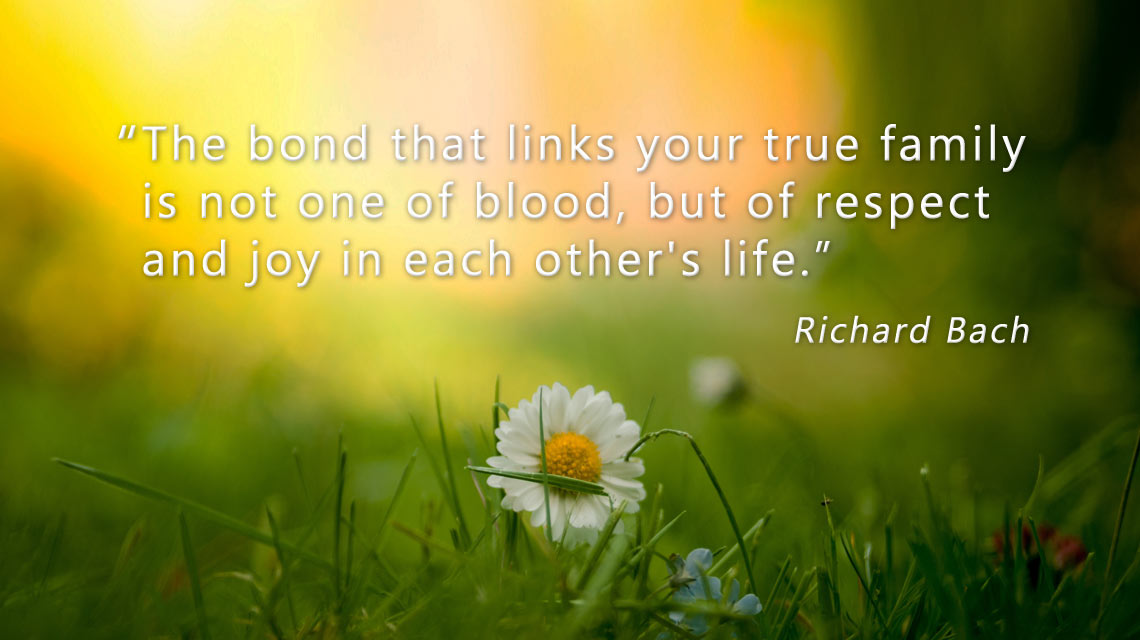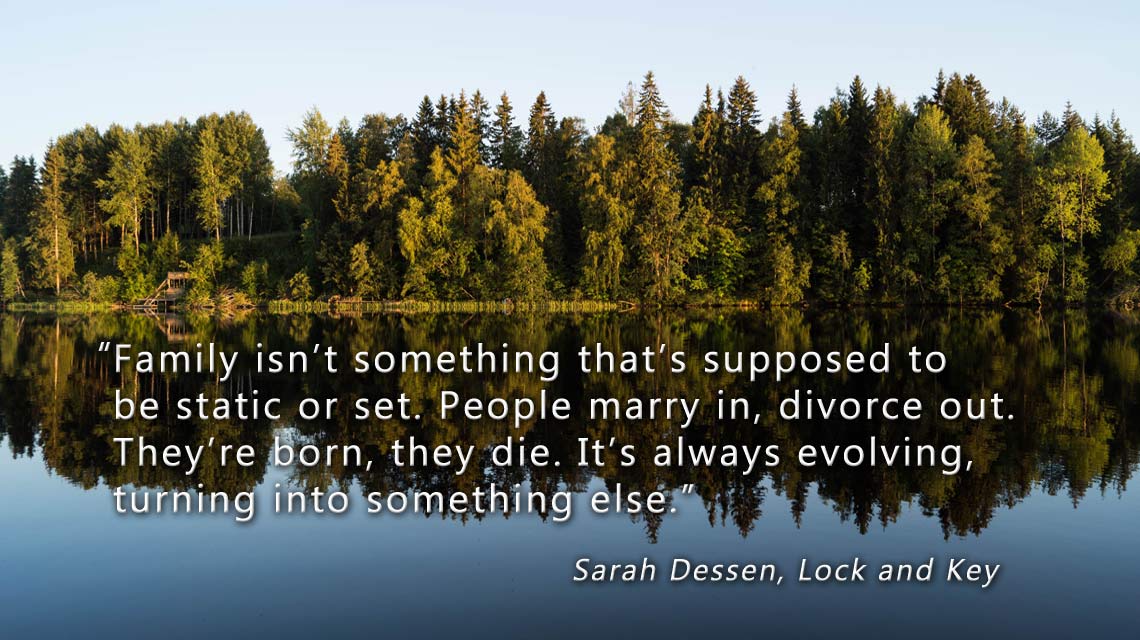About
Why are some families happier than others? Why do some parents and children have higher levels of wellbeing than others? These questions are of interest to everyone but are of particular interest to family researchers and to those concerned with family policy and services. Everyone knows that families are important but how exactly do they influence our wellbeing?
‘Wellbeing’, which is increasingly used as a synonym for ‘happiness’, covers both physical and psychological wellbeing as well as the quality of relationships between parents and the quality of parent-child relationships.
There are four broad sets of influences on the wellbeing of parents and children:
- Family type, as indicated by whether one lives in a one- or two-parent household and whether the parents are married, cohabiting, single or separated;
- Family processes, notably the way which conflicts are addressed, the inter-generational history of family relationships, attitudes to parenting and family roles, etc.
- Individual characteristics, notably personality traits such as positive and negative emotionality as well as psychological independence and interdependence; and
- Family circumstances, such as life events, education, social class, hours worked, etc.
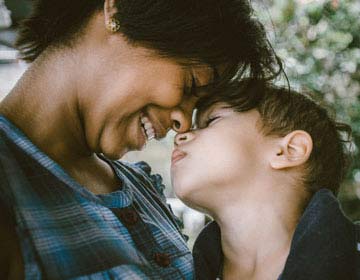
Information
The importance of belonging has been demonstrated in a wide range of wellbeing research. Fundamental to a sense of belonging is the sense of family. Belonging to a group makes one feel valued, welcome, important, loved and secure. Many different types of families with a range of dynamics exist in Australia and globally – and all provide value.
Family stages vary and incorporate:
- Early Years – for families with children under 11
- Youth – for families with young people aged 11 to 25
- For families – including parents, guardians, carers, grandparents
- For families with members requiring home based care/aged care
- Professional zone – for professionals who work with families
Areas ensuring positive wellbeing for families include responses to challenges, support for needs and ideas to respond to new situations.
Some of these areas include:
- services for family mental health and wellbeing
- young carers
- positive relationship support for children with challenging behaviour
- inclusive support for children with disabilities
- youth services
- children’s play
- preventing and responding to domestic abuse
- parenting support
- aged care when and how.

Key Studies and Research
- Family Matters by the Australian Institute of Family Studies (2016) Supporting Family Wellbeing
- Growing up in Australia: The Longitudinal Study of Australian Children (2016) by the DSS and Australian Institute of Family Studies
- The impact of family structure on the health of children: Effects of divorce (2014) by Jane Anderson
- Engaging families in physical activity research (2015) by H Brown, A Schiff & E van Sluijs
- Family Well Being: Final Evaluation Report (2006) by the Apunipima Cape York Health Council.
- Watering the garden of family wellbeing: empowering Aboriginal and Torres Strait Islander people to bloom and grow (2014).
Action
Top Tools and Resources
- Tresillian Advice and Tips for your Baby
- Karitane information and resources for parents of toddlers
- Beyond Blue Healthy Families page provides extensive information and resources for all aspects of family life
- Headspace National Youth Mental Health Foundation provide great information for teens and young adults
- Parenting Ideas provide a wide range of resources and a blog
- Mission Australia provide tools and resources on early learning and development, support for carers and parents, domestic and family violence, housing support for families, and lists of services available.
- Carers Australia is the national peak body representing Australian Carers. They provide information, support and resources for families and carers in the NDIS.
- Institute of Family Studies (AIFS).
